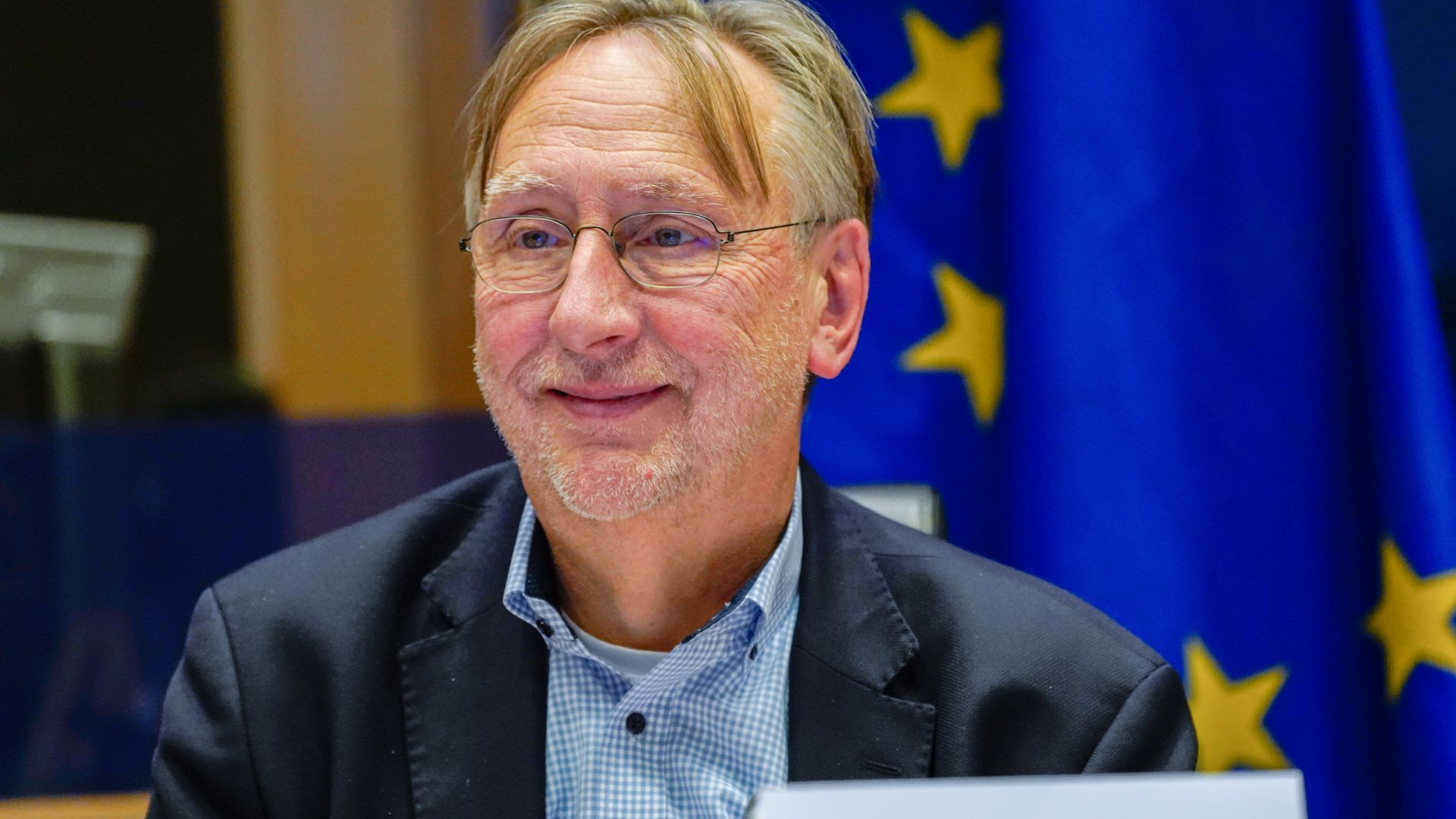Bernd Lange - EU trade policy is a tool for shaping our future
Thank you, Mr. President, Commissioner!
Ladies and gentlemen! It has become indisputable that trade policy shapes the future.
Alongside many other policy areas, trade policy is a tool for shaping our future.
In the last months and years, we have felt that the possibilities for action in trade policy have been called into question.
We have seen many national measures taken that were in complete opposition to international rules such as national reflexes and unilateral measures.
We have seen that during the Corona pandemic, supply chains suffered from shock, or were even cut off, causing severe economic and political consequences. And we have seen more and more people asking "Who actually benefits from this trade policy? Is globalisation actually in our interests, or only in the interests of a few?” So the values of the European Union are also needed in trade policy.
And this is why we want to find answers to these challenges by shaping trade policy for the future.
In the trade committee we are discussing this question very intensively and we are putting forward a number of points that we want the Commission to use as guidelines for the revision of the EU’s trade policy strategy.
This is not a wish list for Santa Claus, although we are now just coming up to Christmas, this is a strategic option with two lines.
For me, one line is the proactive line and the other line is more the defence line. One can find this dualism in many points.
Let me just briefly mention four points. Proactively, I think we have to act within the framework of the WTO, to supplement the rules of the WTO with the question of state companies, with the question of the protection of intellectual property. But above all, we have to approach and implement the SDGs, to get the sustainability goals of the United Nations into the WTO, so that trade policy on a global scale also serves to implement the sustainability strategy.
And I hope that we can work strongly with the United States, with the government of Mr. Biden, and with Mr. Kerry who is responsible for climate. Together with them we can also find good starting points for increased cooperation in the multilateral system in order to set more rules here, too, to move forward. I believe we also need a clear focus.
Secondly, there is the question of supply chains. We can see that supply chains are very vulnerable, that they are sometimes not robust enough to absorb shocks. But we also see that supply chains are unfair, and that the risks are passed on to the last link in the chain. And that is why I believe it is right, and this is also reflected in the proposal, to introduce a binding European due diligence law that provides for a duty of care for companies operating in the European internal market. Risk-based, so that we do not see this “cut and go”, but a clear strategy to improve situations in the supply chain, in the situation of workers’ rights, as well as in environmental standards. Let us fight for that.
Thirdly, we also need a stronger implementation of the Green Deal in trade policy.
So the question of initiatives for green goods within the WTO, but also bilaterally, must be addressed. We need a reasonable carbon border adjustment mechanism.
And fourthly, we also need to focus on improved implementation and enforcement of trade agreements. We must defend ourselves here, when elements are attacking us, when third countries are using coercive measures. That’s why we hope that next year we will have an effective instrument.
But we must also ensure the clear enforcement of the trade agreements.
We have had an agreement with Central America since 2013. In Guatemala, workers’ rights are still not implemented and human rights violations continue.
With Korea, we have had an agreement for five years, and are still negotiating the enforcement of workers’ rights. Something must be done here!
Therefore, it is only right and proper to put implementation in the focus of future deals.
And finally, Commissioner, we are always looking for a motto for our trade strategy. Last time, the strategy was called “Trade for all”. Maybe this time we can name it “People first.” People first!











